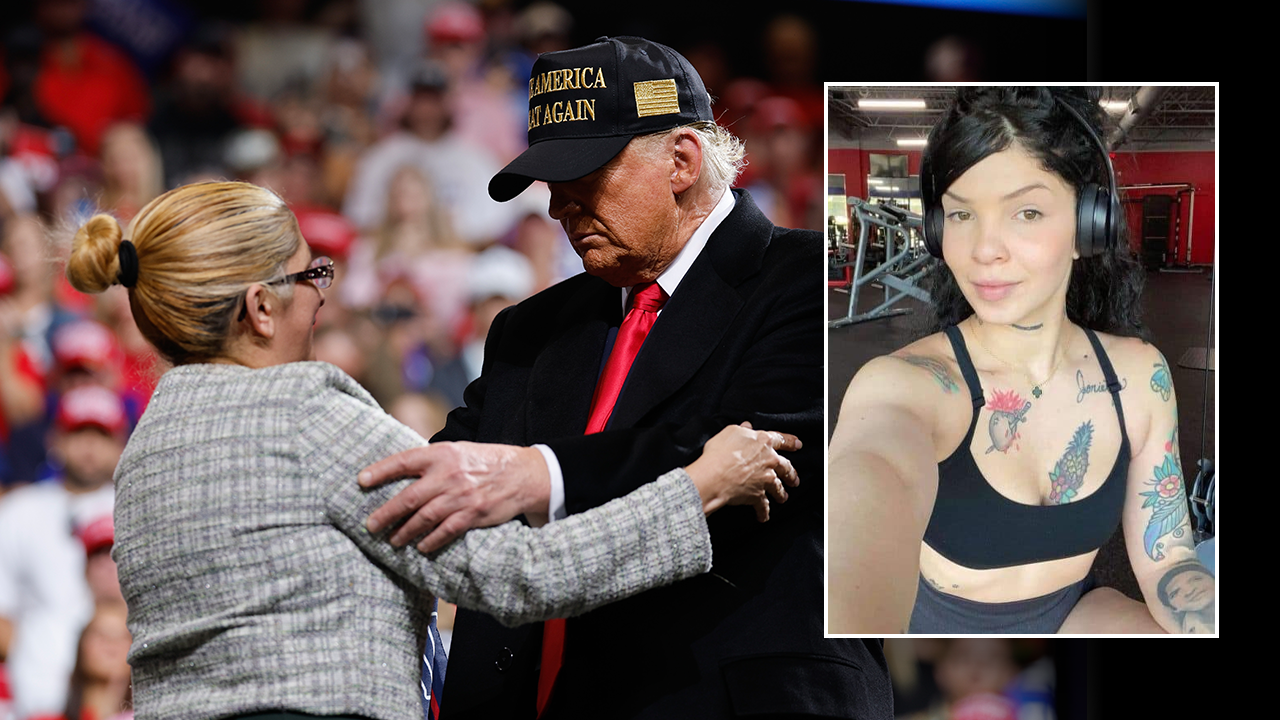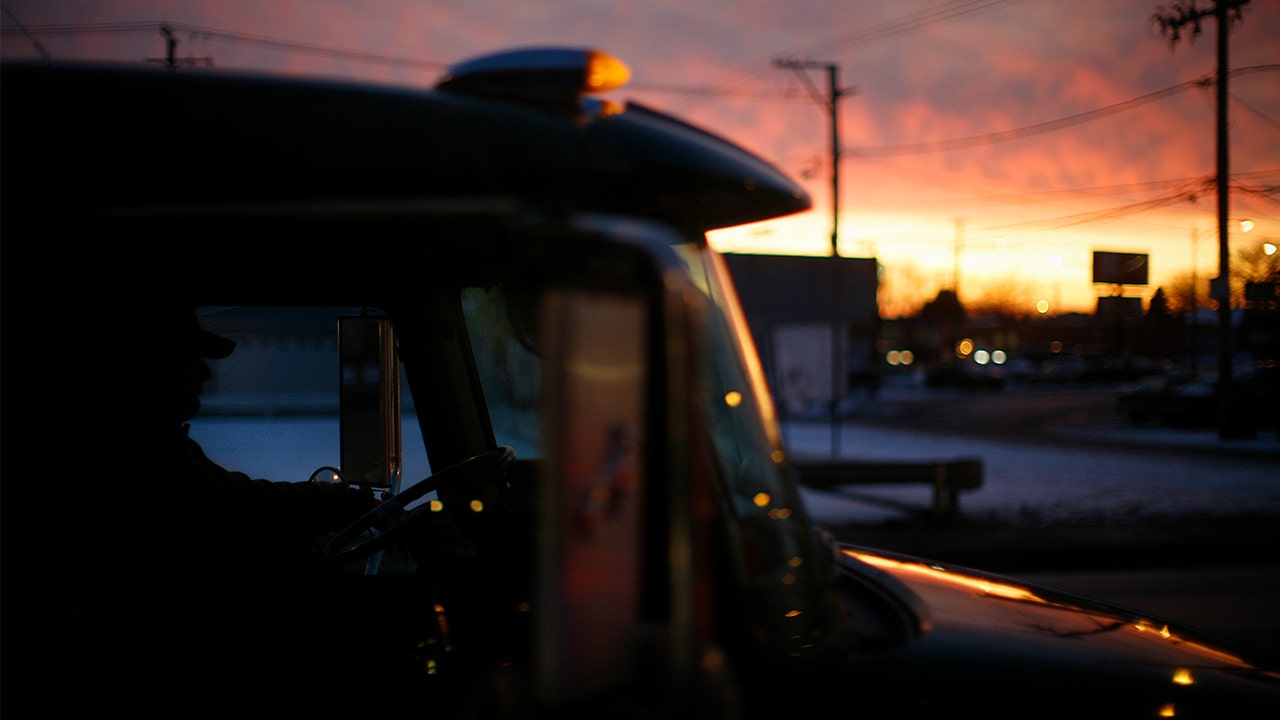The Food and Drug Administration said on Friday that it had approved the first menthol-flavored e-cigarettes in the United States, less than two months after the Biden administration delayed a fiercely contested decision on whether to ban traditional menthol cigarettes.
The F.D.A. said it had authorized four types of menthol-flavored e-cigarettes made by NJOY, part of the tobacco company Altria, making them the first flavored e-cigarettes that can be sold legally in the United States. The F.D.A. said that evidence indicated that they could benefit adult smokers who want to transition to a “less harmful product.”
Public health groups sharply criticized the decision, warning that e-cigarettes and flavored tobacco products were especially appealing to young people.
The Campaign for Tobacco-Free Kids pointed out that, according to the 2023 National Youth Tobacco Survey, nearly a quarter of high school students who use e-cigarettes use illicit menthol-flavored varieties, which are often easy to find in gas stations and corner stores.
“Today’s decision is hard to understand in light of the F.D.A.’s own repeated conclusions that flavored e-cigarettes, including menthol-flavored products, appeal to kids and have fueled the youth e-cigarette epidemic,” Yolonda C. Richardson, the president and chief executive of the Campaign for Tobacco-Free Kids, said in a statement. “What has changed?”
Harold Wimmer, the president and chief executive of the American Lung Association, called the F.D.A.’s decision “highly questionable and deeply troubling,” and said two of the menthol-flavored e-cigarettes that the agency had authorized had “nicotine levels higher than a pack of cigarettes.”
“The tobacco industry has been using menthol and other flavors to attract kids for decades,” Mr. Wimmer said in a statement. “This opens up a legal pathway for NJOY to market their highly addictive products.”
The F.D.A. said its decision does not mean the menthol e-cigarettes “are safe,” and it noted that all tobacco products are harmful and potentially addictive. The F.D.A. said it also remained concerned that e-cigarettes and flavored tobacco products pose a particular risk to young people.
But the agency said evidence indicated that the four menthol-flavored e-cigarettes it had authorized could have some benefits for adult smokers.
“Based upon our rigorous scientific review, in this instance, the strength of evidence of benefits to adult smokers from completely switching to a less harmful product was sufficient to outweigh the risks to youth,” Matthew Farrelly, director of the Office of Science in the Center for Tobacco Products at the F.D.A., said in a statement.
The F.D.A.’s decision came nearly two months after Xavier Becerra, the Health and Human Services secretary, said that the Biden administration needed “significantly more time” to review a proposed ban on traditional menthol cigarettes.
That proposal had divided Black voters, whose support President Biden has been seeking as he runs for re-election. It also led to million-dollar lobbying campaigns by the tobacco industry, which argued that it could lose billions of dollars in sales if menthol cigarettes were banned.
Opponents of the ban ran ads warning of a spike in cartel traffic along the border from counterfeit cigarette smuggling, and warned of police violence targeting Black people if a ban were in force. (The F.D.A. has said a ban would be enforced on manufacturers, not consumers.) The ad blitz posed risks for Mr. Biden, whose support among Black voters has at times slipped in recent months.
Some of Mr. Biden’s top health officials had said that a ban would save lives and protect against lung cancer, which is a higher risk for Black smokers, who have historically favored menthol cigarettes and are heavily targeted by tobacco companies. A majority of the Congressional Black Caucus has supported the ban, as has the N.A.A.C.P.
The F.D.A., which formally proposed the ban in May 2022, had described it as a “critical piece” of Mr. Biden’s Cancer Moonshot initiative, noting that about 30 percent of all cancer deaths are caused by smoking.
But after the proposed ban reached the White House in October, officials were flooded with requests for meetings from supporters and opponents of the ban, which included tobacco companies, convenience stores and gas station retailers. Republicans in Congress also denounced the proposed ban, warning that it would increase trafficking of counterfeit cigarettes.
In April, Mr. Becerra said that the administration needed more time to review the proposal.
“This rule has garnered historic attention, and the public comment period has yielded an immense amount of feedback, including from various elements of the civil rights and criminal justice movement,” he said in a statement. “It’s clear that there are still more conversations to have, and that will take significantly more time.”






